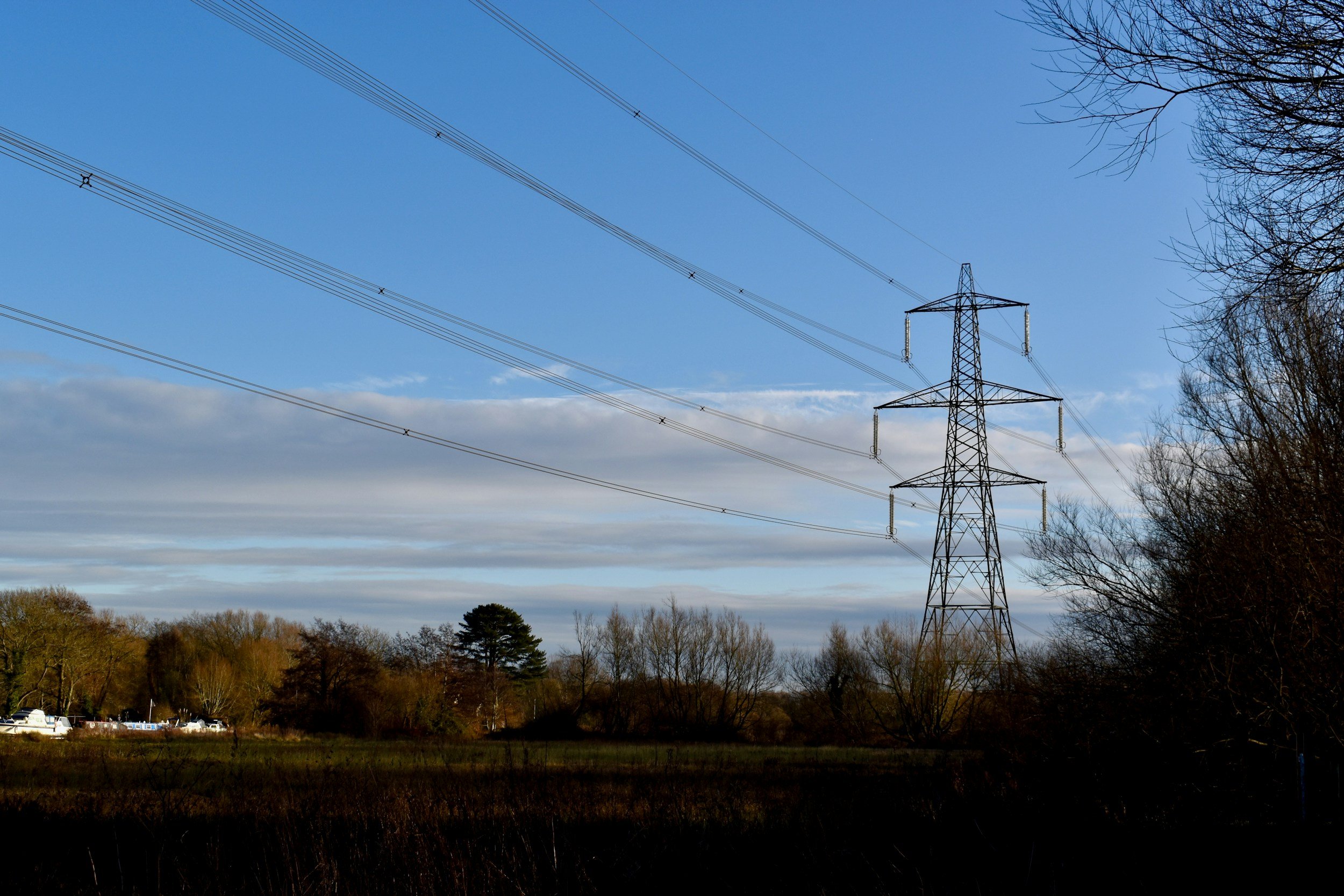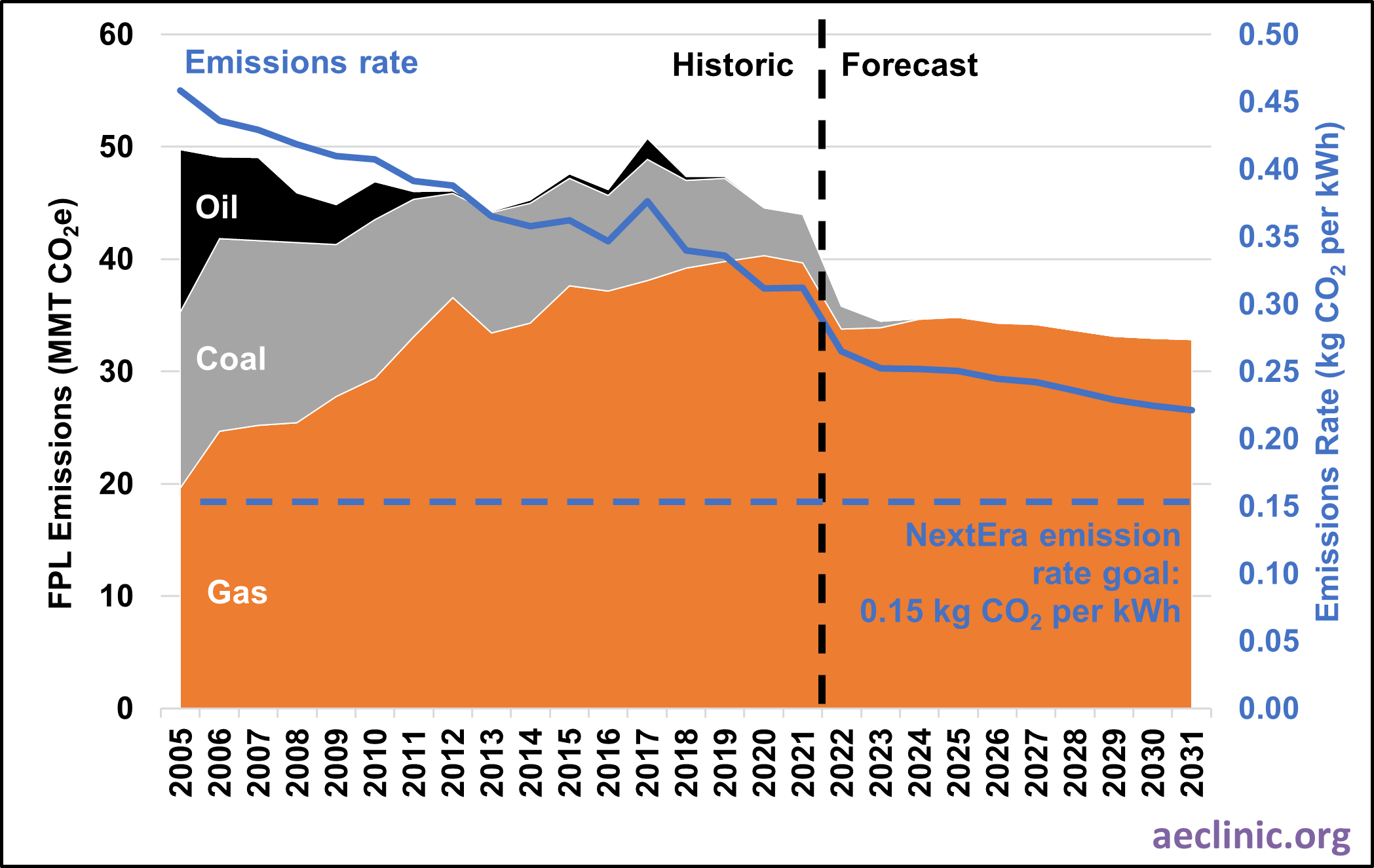Client: Green Energy Consumers Alliance
Author: Joshua Castigliego
May 2022
On behalf of the Green Energy Consumers Alliance, Researcher Joshua Castigliego provided Applied Economics Clinic expert testimony to Track 2 of Dockets 21-90 and 21-91 before the Massachusetts’ Department of Public Utilities. In his testimony, Mr. Castigliego investigated co-locating renewable power generation (e.g., solar PV) and/or energy storage at electric vehicle (EV) charging stations as a technology-based approach to alleviating the financial barrier that utility demand charges pose to the widespread deployment of direct current fast charging (DCFC) stations across the Commonwealth. His analysis demonstrates that co-location with renewables and/or energy storage has the potential to lower the average cost per EV charge (depending, in part, on the utility’s rate structure), which would alleviate the financial barrier for EV charging stations due to demand charges. Mr. Castigliego demonstrates that utility demand charges can work hand in hand with the co-location of renewables and energy storage to synergistically combat the financial barrier and increase overall deployment of DCFC stations in Massachusetts. To obtain those benefits, the electric distribution companies and the Department must take the impact of co-location into consideration when constructing and approving demand charge rate structures.
Link to Testimony (DPU Docket Nos. 21-90 and 21-91)















